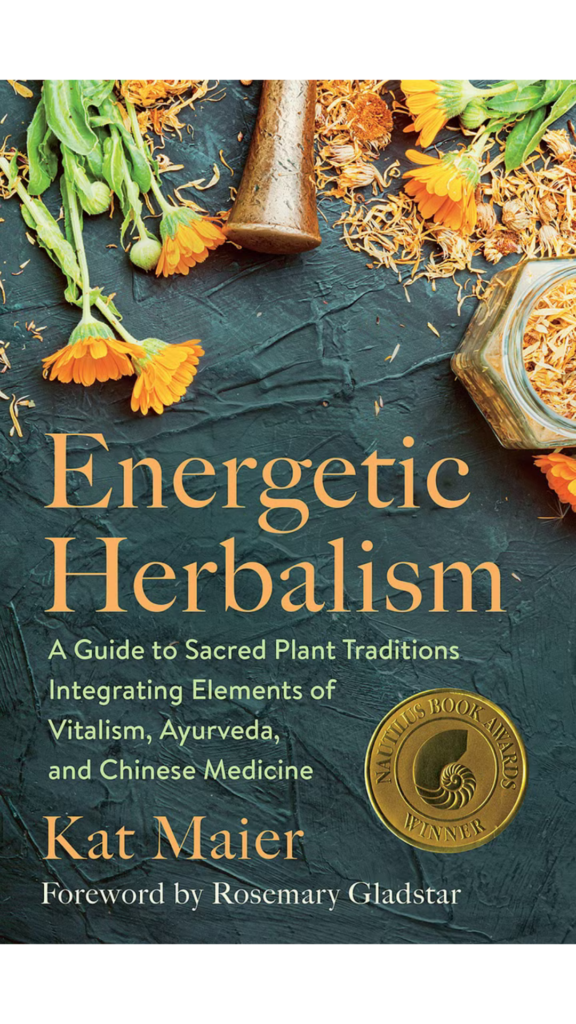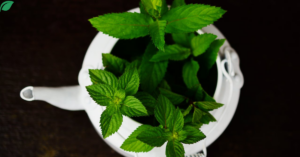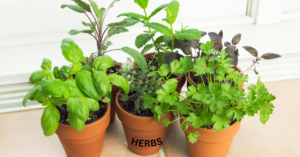The information in this article is for educational purposes only and is not intended to diagnose, treat, cure, or prevent any medical condition. Natural remedies can affect individuals differently, and what works for one person may not work for another. Some herbs or natural substances may cause allergic reactions or interact with medications. Always consult a qualified healthcare professional before starting any new health regimen, especially if you are pregnant, nursing, taking medications, or have a pre-existing health condition. Perform a patch test for topical remedies and introduce herbal treatments gradually to monitor for any adverse effects.
This blog contains affiliate links. I may earn a small commission at no extra cost to you if you make a purchase through these links. Thank you for your support!
Herbal Health – Home remedies are the unsung heroes of health care. They’ve been around for centuries, passed down through families like heirlooms. But in today’s fast-paced, pill-popping culture, they’re often overlooked. Let’s change that.
If you’ve ever reached for honey to soothe a sore throat or rubbed aloe vera on a sunburn, you’ve dipped your toes into herbal health. But there’s a lot more where that came from. And the best part? These remedies aren’t just effective—they’re simple, affordable, and right under your nose.
In this guide, we’ll break down what home remedies are, why they work, and how you can use them to take control of your health. Ready to dive in?
Herbal Health Basics: What Are Home Remedies?

Home remedies are natural solutions to everyday health problems, often made from common plants, herbs, and pantry staples. Think garlic for immunity, chamomile for relaxation, or ginger for nausea.
These remedies rely on the active compounds found in nature. For example, turmeric contains curcumin, a powerful anti-inflammatory, while peppermint’s menthol helps with digestion and respiratory issues. Unlike synthetic medicines, these natural alternatives are often gentler on the body, reducing the risk of side effects.
What makes home remedies so appealing is their accessibility. There is no need to rush to the pharmacy when you can raid your kitchen or garden. Start small—brew ginger tea for an upset stomach or apply a honey mask for glowing skin. You’ll be surprised at the power of nature’s medicine cabinet.
Why Home Remedies Work: The Science of Herbal Health
Herbal health isn’t just folklore; it’s backed by science. Plants are packed with bioactive compounds interacting with our bodies to promote healing. For instance, eucalyptus oil is rich in eucalyptol, which clears nasal congestion, while garlic contains allicin, known for its antibacterial properties.
Many modern medications are derived from plants. Aspirin, for example, originates from willow bark. Home remedies tap into this same natural chemistry but more holistically. By using the whole plant, you benefit from a broader spectrum of compounds working together, enhancing their effectiveness.
Consistency is key. One cup of chamomile tea won’t cure insomnia, but drinking it nightly can create a calming bedtime routine. Start by identifying one health goal—better sleep, improved digestion, or stronger immunity—and experiment with remedies to find what works for you.
How to Start Using Home Remedies Today
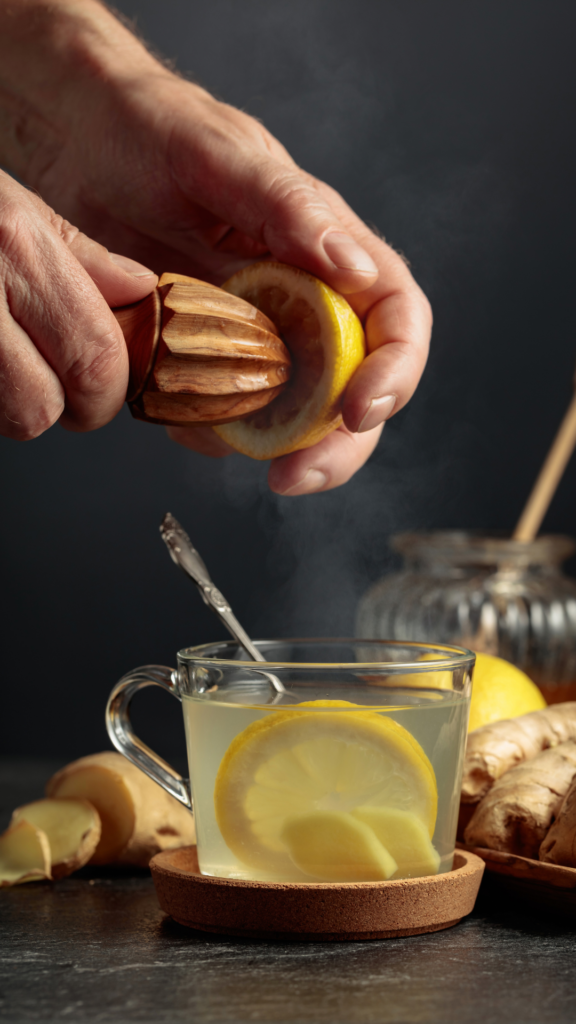
Getting started with home remedies is easier than you think. The first step is to stock your kitchen and pantry with a few essentials: ginger, garlic, turmeric, honey, and apple cider vinegar. These staples cover many common health issues, from colds to indigestion.
Next, focus on simple recipes. For colds, boil water with fresh ginger, honey, and lemon for a soothing tea. For skin irritation, mix aloe vera with coconut oil and apply it directly. Keep it practical—most remedies take less than 10 minutes to prepare.
Build these remedies into your daily routine. Add a pinch of turmeric to your morning smoothie or sip on peppermint tea after dinner. Over time, these small habits can lead to big improvements in your overall health.
Common Herbal Health Remedies and Their Uses
Here’s a quick list of some popular remedies and what they’re good for:
- Ginger: Eases nausea and improves digestion
- Chamomile: Promotes relaxation and better sleep
- Peppermint: Relieves headaches and aids digestion
- Honey: Soothes sore throats and supports wound healing
- Turmeric: Reduces inflammation and boosts immunity
Take ginger, for example. If you’re dealing with motion sickness, chew on a small piece of raw ginger or make ginger tea before traveling. Mix turmeric powder with milk and honey for sore muscles for a soothing drink. The key is to use the right remedy for the right issue, and you’ll see results.
The Pros and Cons of Home Remedies
Home remedies have a lot going for them. They’re natural, affordable, and often free of side effects. Plus, they empower you to take charge of your health. Instead of relying on over-the-counter solutions, you learn to listen to your body and respond with nature’s tools.
However, they’re not perfect. Some remedies take time to show results, and not all issues can be solved naturally. Severe conditions like infections or chronic diseases require medical attention. Knowing when to use a home remedy and when to seek professional help is important.
Use remedies for minor issues like coughs or mild pain to balance the two. If symptoms persist or worsen, consult a healthcare provider. Think of home remedies as your first defense, not a cure-all.
Herbal Health Tips for Beginners
If you’re new to herbal health, start small. Pick one or two remedies to try and track your progress. For instance, if stress is an issue, drink chamomile tea nightly and keep a journal to note any changes in your sleep patterns or mood.
It’s also crucial to use high-quality ingredients. Opt for organic herbs and raw honey whenever possible. Fresh is always better—choose fresh ginger over powdered for more potent results.
Finally, educate yourself. Read about the plants and their uses, and don’t be afraid to experiment. Herbal health is as much about discovery as it is about healing. The more you explore, the more confident you’ll become.
The Future of Herbal Health and Home Remedies
The popularity of herbal health is rising as people look for more sustainable and natural ways to care for their bodies. Advances in science validate traditional remedies, showing that they’re not just old wives’ tales but legitimate health solutions.
Take the growing interest in adaptogens like ashwagandha and reishi mushrooms. These herbs, known for their stress-reducing and energy-boosting properties, are now staples in wellness circles. This blend of tradition and modern research is paving the way for a new era of holistic health.
The future of home remedies lies in education and accessibility. By learning about these solutions, you’re not just improving your health—you’re contributing to a movement that values sustainability, self-care, and the power of nature.
Herbal health isn’t a trend; it’s a lifestyle. The more you engage with it, the more you’ll see how transformative it can be.
How to Create Your Own Herbal Health Toolkit
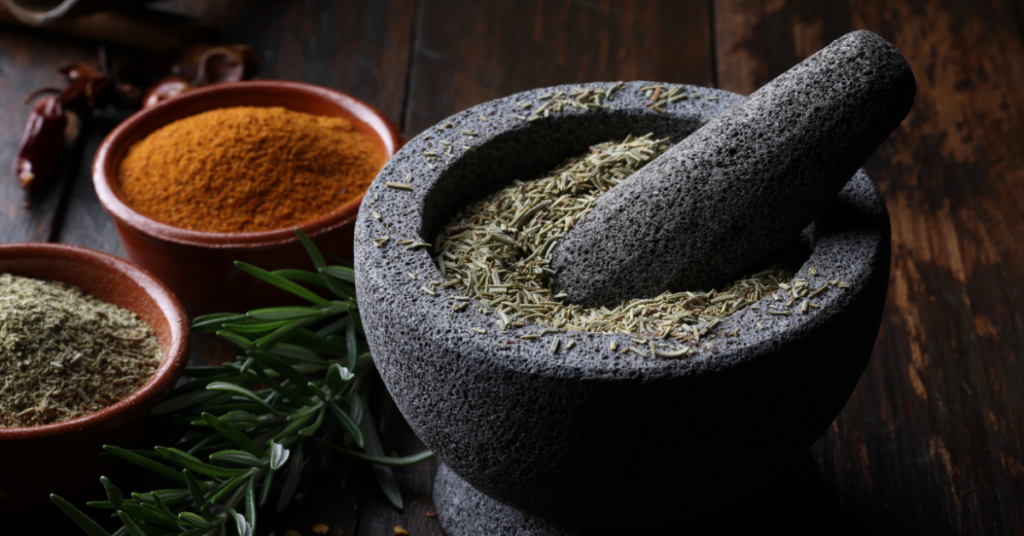
Building a herbal health toolkit is like assembling a first-aid kit but with natural remedies. It’s practical and empowering and ensures you’re always prepared for life’s little health hiccups. The good news? Most of what you need is probably already in your home.
Start with the basics. Stock up on dried herbs like chamomile, peppermint, and turmeric. Add pantry staples like apple cider vinegar, coconut oil, and raw honey. If you enjoy gardening, consider growing your medicinal herbs—basil, thyme, and lavender are great for beginners.
Don’t forget the tools. A mortar and pestle for grinding herbs, glass jars for storage, and a small strainer for making infusions will be useful. Label everything clearly to avoid confusion. When the time comes, you’ll have everything at your fingertips, making herbal health a seamless part of your daily routine.
Mistakes to Avoid When Using Home Remedies
While home remedies are effective, there are common pitfalls to avoid. The most frequent mistake is overdoing it. Using too much of an herb, like drinking several cups of laxative tea, can lead to unwanted side effects.
Another mistake is relying on remedies without proper research. For instance, some herbs, like St. John’s Wort, can interact with medications. Always double-check your sources and consult a healthcare provider if you’re unsure.
Lastly, don’t expect instant results. Natural remedies often work gradually, promoting balance and healing over time. Be patient and consistent. Herbal health is a marathon, not a sprint.
Making Herbal Health Part of Your Lifestyle
Incorporating herbal health into your daily life doesn’t have to be complicated. Small, consistent actions can lead to big changes. Start with simple swaps—replace sugary drinks with herbal teas or use natural balms instead of chemical-laden ointments.
Set aside time to prepare your remedies. For example, make a batch of infused oils or herbal tinctures on the weekend. These can be stored for weeks, saving time when needed.
Over time, these habits will become second nature. You’ll find yourself reaching for a remedy without a second thought, building a lifestyle prioritizing natural health and wellness.
The Emotional Benefits of Embracing Herbal Health
Herbal health isn’t just about physical wellness—it’s about emotional balance, too. Brewing tea, applying a salve, or simply smelling lavender oil can be deeply grounding. These rituals remind us to slow down and care for ourselves.
Herbs like valerian, chamomile, and lemon balm are particularly good for stress and anxiety. Incorporating them into your evening routine can promote calmness and better sleep. When you feel emotionally balanced, your overall health improves.
Beyond that, embracing herbal health fosters a connection to nature. It reminds us that healing doesn’t have to come in a plastic bottle. Sometimes, it’s as simple as stepping outside, harvesting a sprig of mint, and making something with your own hands.
Final Thoughts: Herbal Health as a Way of Life
Herbal health is more than just a collection of remedies—it’s a way of thinking. It’s about being proactive, listening to your body, and trusting nature’s wisdom. While it’s not a replacement for modern medicine, it complements it beautifully, giving you more control over your well-being.
Start small. Try one remedy, track your results, and build from there. Over time, you’ll gain confidence and discover what works best for you. The possibilities are endless, whether it’s calming teas, healing balms, or soothing oils.
Remember, every step you take toward herbal health is toward a more natural, sustainable lifestyle. It’s not just about fixing problems—it’s about living in harmony with your body and the world around you. That’s the true power of home remedies.


